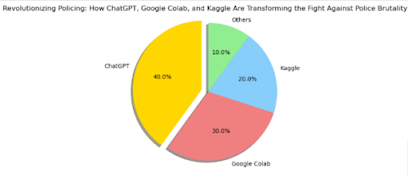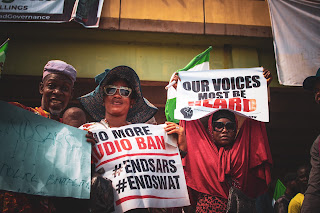Police Union Caught Issuing ‘Get Out of Jail Free’ Cards to Family, Friends That Get Them Out of Tickets
Known as a blue privilege,
As Vice reports, the cards are designed to be presented
Vice interviewed
“That was probably the tightest spot I could’ve been in,” Mike said. “Because [the offense] could’ve been ‘driving without a plate,’ ‘driving with no registration…’”
The PBA isn’t even trying
While cops don’t
TFTP has reported on countless cases
One prominent example of
Yanez was cleared of all wrongdoing
This list of police killings for minor infractions goes on and on.
The odds weren’t in Walter L. Scott’s favor. Reportedly pulled over for a broken taillight, Scott—unarmed—ran far away
Samuel Dubose, also unarmed, was pulled over for a missing front
Levar Jones was stopped for a seatbelt offense,
Bobby Canipe was pulled over for having an expired registration. When the 70-year-old reached into
Dontrell Stevens was stopped “for not bicycling properly.” The officer pursuing him “thought the way Stephens rode his bike was suspicious. He thought the way Stephens got off his bike was suspicious.” Four seconds later, sheriff’s deputy Adams Lin shot Stephens
Had any of the aforementioned individuals been given
The sad part about
The solution here isn’t




Comments
Post a Comment